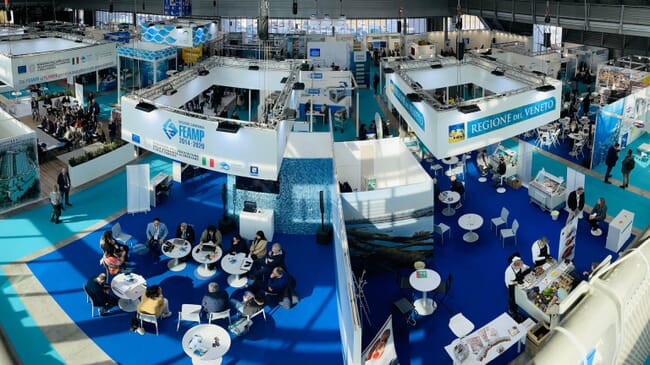
Scheduled to be held from February 12–13 in Pordenone, Italy, AquaFarm 2025 will bring together researchers, industry leaders, and farmers to discuss innovations that balance food production with environmental conservation.
Opening with the session "Aquaculture for the Planet," the conference aims to focus on the coexistence of the industry with marine ecosystems. Among the highlights is the Andalusian Livestock Farmers' Association's initiative to nominate the Bay of Cadiz as the first Globally Important Agricultural Heritage System (GIAHS) for aquaculture, emphasising tradition and community ties.
Energy efficiency will also be a key theme. Discussions will explore innovations such as biogas production from aquaculture by-products and floating photovoltaic systems to reduce energy costs for land-based farms. Alessandra Scognamiglio, a leader in sustainable agrivoltaics, will showcase renewable energy solutions. Companies like Nutritech will present fully autonomous aquaponic systems powered by renewable energy and artificial intelligence, designed to manage fish and vegetable farming efficiently.
Significant focus will also be given to integrated multitrophic aquaculture (IMTA). This method combines the farming of multiple species in a single ecosystem where the waste of one species benefits another. Circularity will be a central theme in the closing session, addressing the reuse of fish waste in feed production and exploring innovative protein sources like insect larvae and microbes.
Other innovations include CircularRainbow, a project focused on closed-system trout farming that maximises water recirculation while generating biogas from waste. The University of Padua will showcase vertical haloponics, a novel method combining hydroponics, vertical farming, and aquaponics in brackish water. This approach uses salt-tolerant plants to feed shrimp while repurposing sludge as biofertilizer and earthworms as shrimp feed.
Registration and more information about the conference can be found here.




